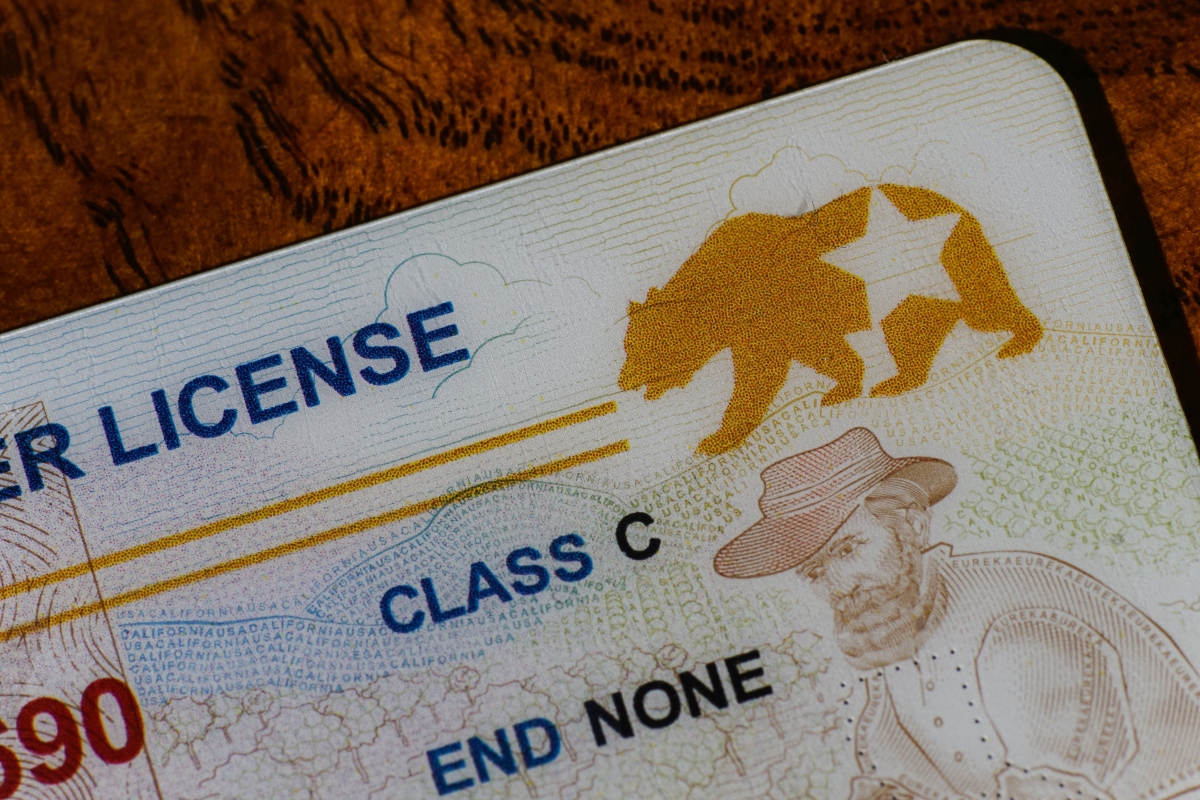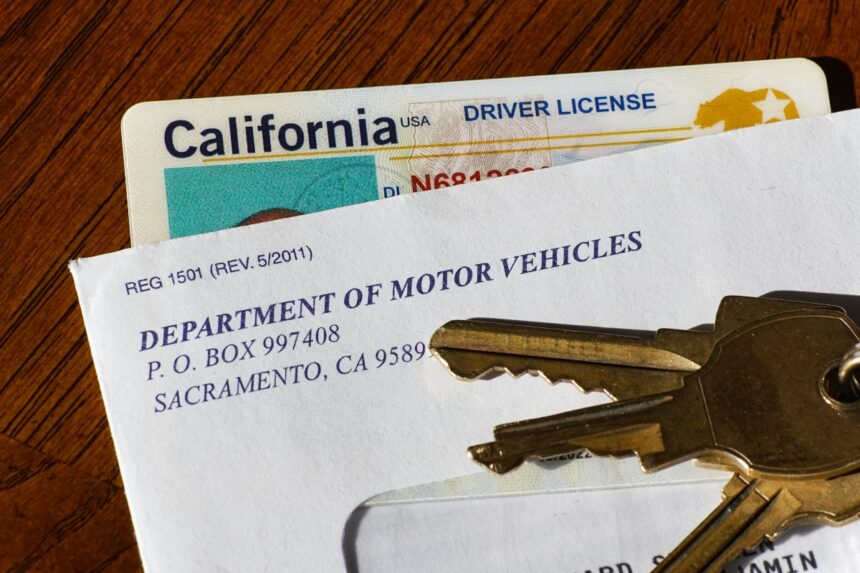In the United States, the driver license issued by one state are generally valid in other states due to the principle of interstate recognition.
However, there are exceptions and new regulations that drivers, especially Hispanic immigrants, should be aware of to avoid legal pitfalls and that are important to keep in mind.
Valid driver license in other states

In most cases, a driver license issued by one state is accepted in other states for temporary driving.
However, if you permanently move to another state, you are generally required to obtain a driver license from the new state within a specified period, which varies by jurisdiction, but is usually between 30 and 60 days.
Failure to do so may result in fines or penalties.
Licenses for undocumented immigrants

Some states, such as California and New York, allow undocumented immigrants to obtain a valid driver licenses.
These licenses are valid only within the issuing state and are not recognized by the federal government or by some other states.
For example, Florida has enacted laws that invalidate licenses issued to undocumented immigrants by other states, which means that driving in Florida with one of these licenses may be considered a violation.
Implementation of REAL ID

As of May 7, 2025, the REAL ID Act goes into effect in the United States.
This means that to board domestic flights or enter certain federal facilities, a valid driver license or ID that meets REAL ID standards will be required.
These identifications are distinguished by a star in the upper right corner.
Those that do not comply with these requirements will not be accepted for these purposes.
The more aware you are of what it means to carry a driver's license and its validity, the more protected you will be
Valid driver license: Recommendations for Hispanics
Verify the validity of your license: If you plan to move or travel to another state, make sure your driver license is valid there.
Update your license when you move: If you permanently settle in a new state, apply for a local license within the required period.
Obtain a REAL ID: If you have not already done so, consider obtaining one that meets REAL ID standards to avoid problems when traveling or accessing federal facilities.
Check with your local DMV: Laws and regulations may vary, so check with your state’s Department of Motor Vehicles (DMV) for the most current information.
Staying informed about traffic laws is essential to avoid legal pitfalls and ensure safe and legal driving in the United States.
Find out more at QueOnnda.com.














